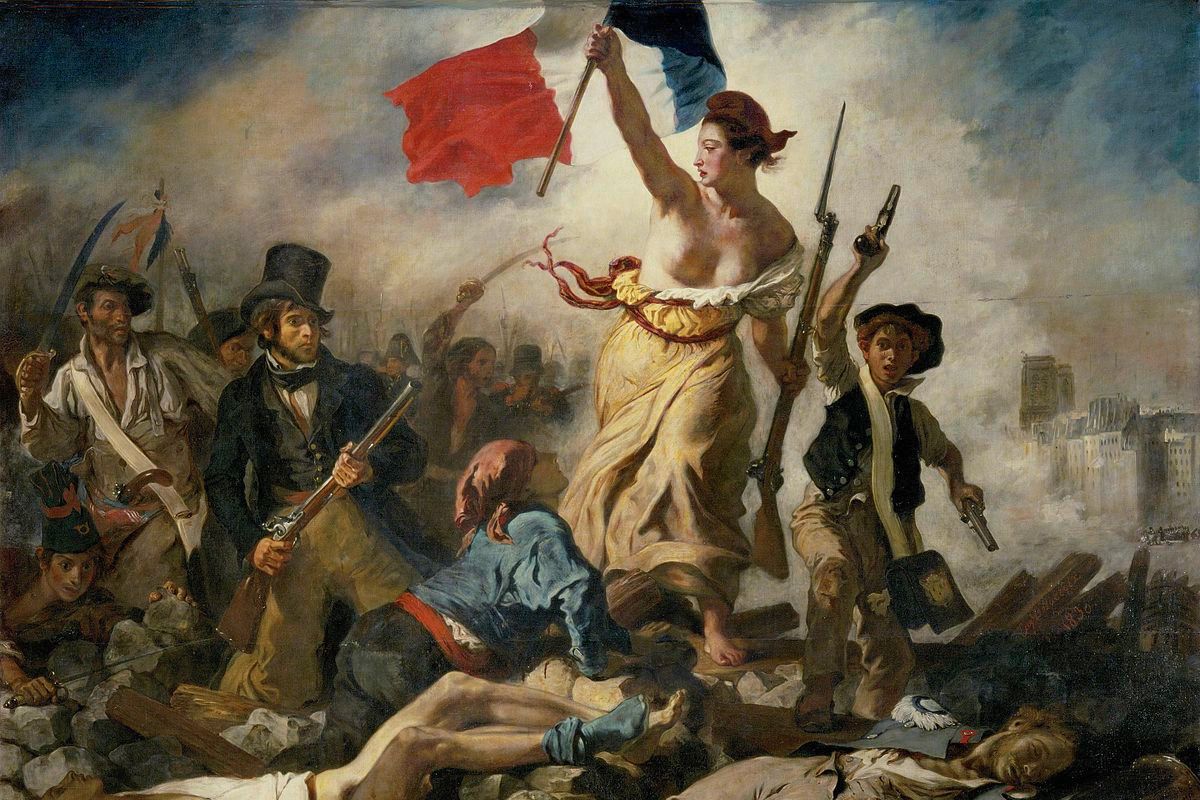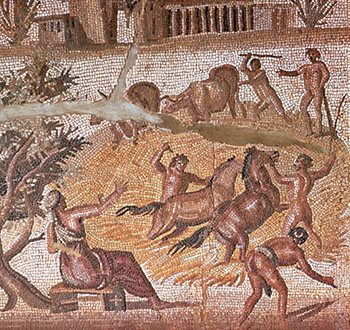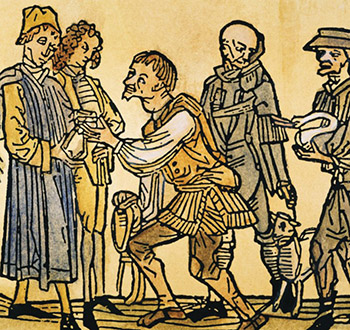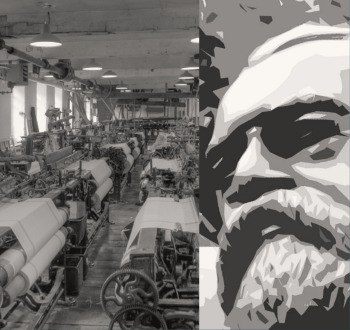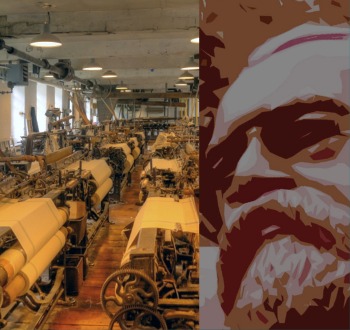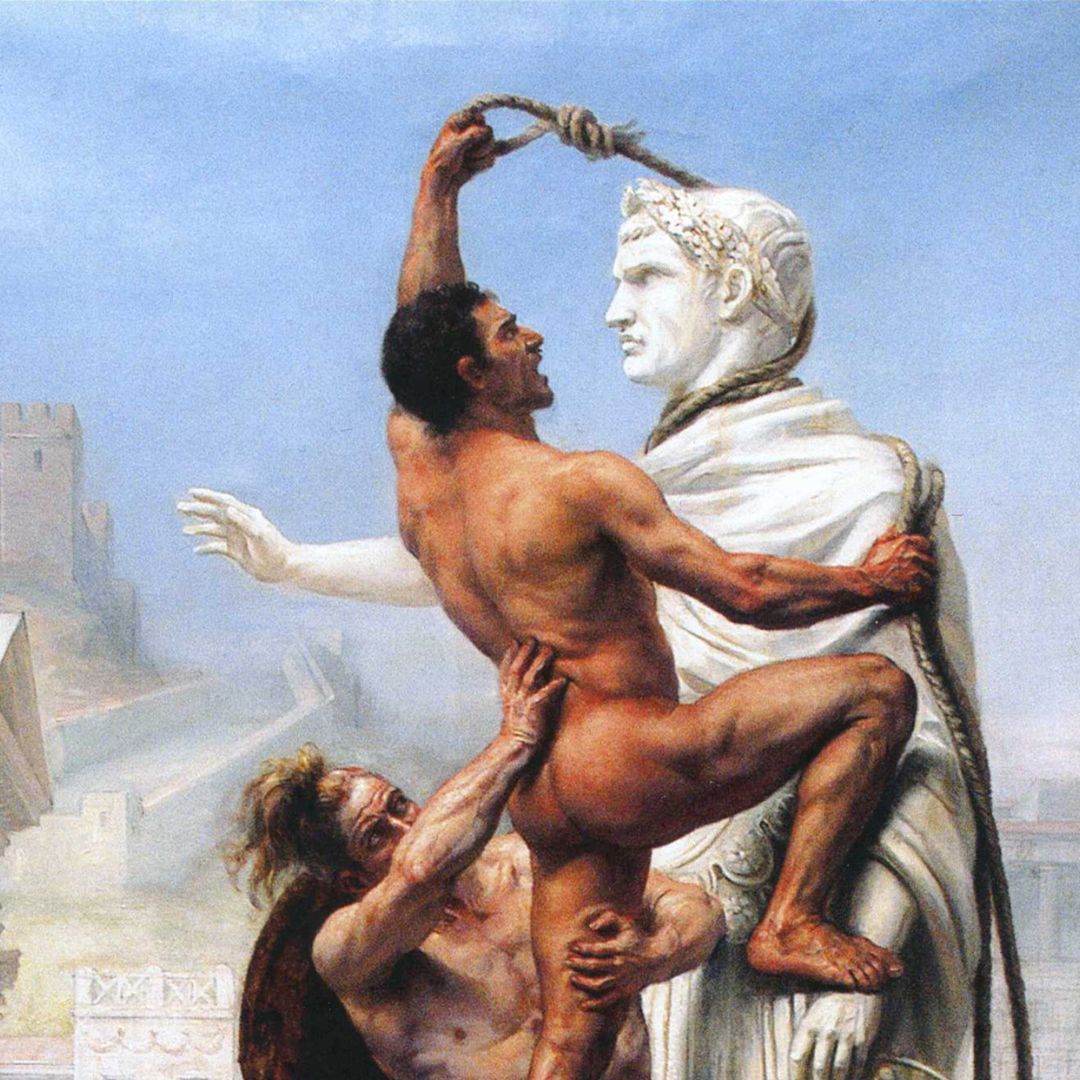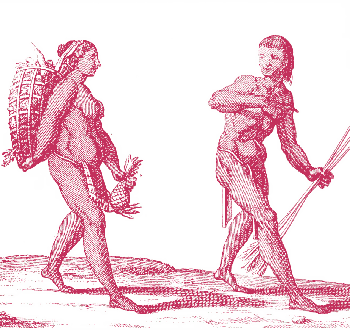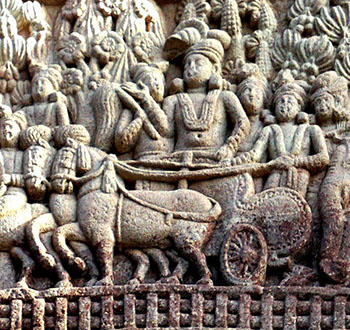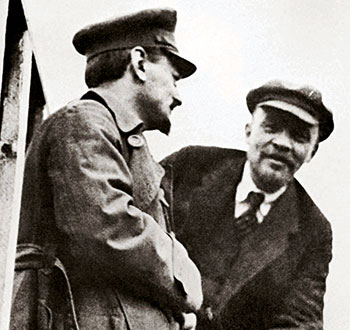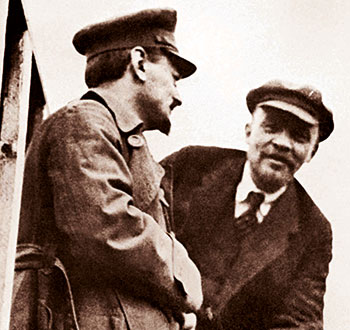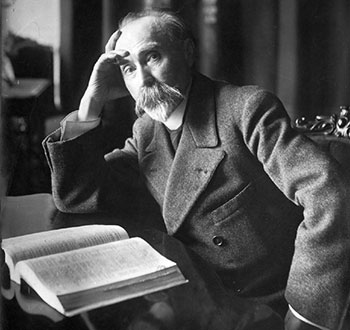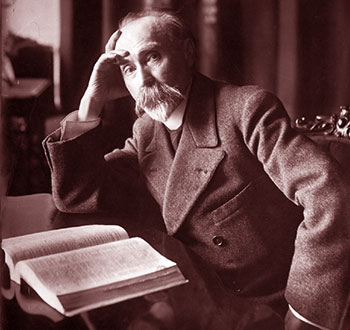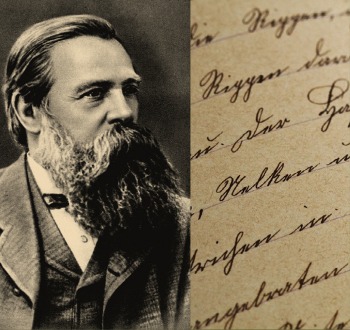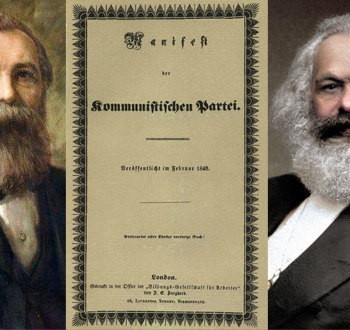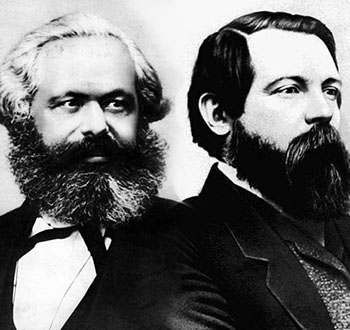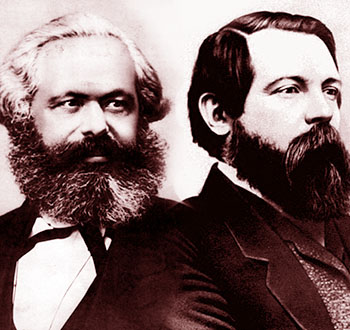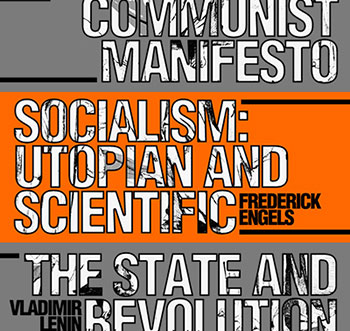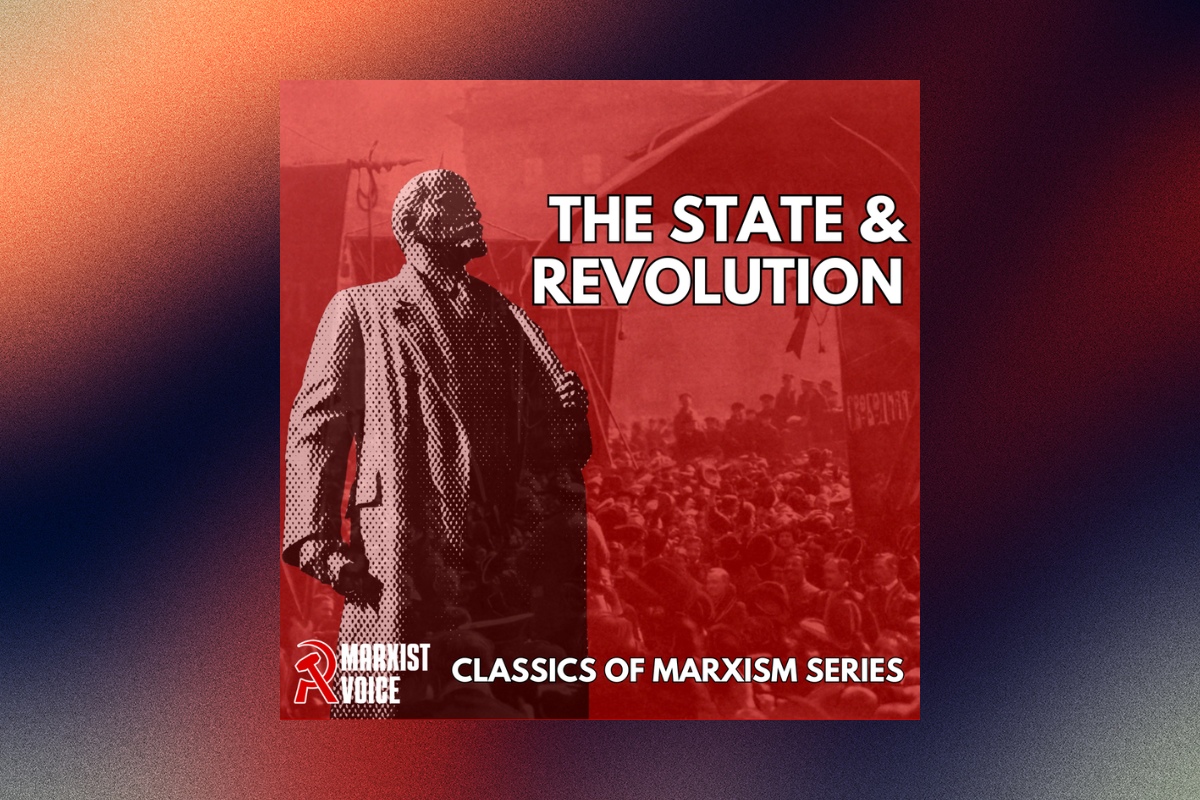Marxism analyses the hidden mainsprings that lie behind the development of human society, from the earliest tribal societies up to the modern day.
The way in which Marxism traces this winding road is called the materialist conception of history.
This scientific method enables us to understand history, not as a series of unconnected and unforeseen incidents, but rather as part of a clearly understood and interrelated process. It is a series of actions and reactions which cover politics, economics and the whole spectrum of social development.
To lay bare the complex dialectical relationship between all these phenomena is the task of historical materialism.
Learn the basics
Marxist classics
& books
Originally published in the 1970s, this article is a good, brief introduction to the basic method of Marxism.
The ultimate cause of all social change is to be found, not in the human brain, but in changes in the mode of production.
Contains the first connected account of one of Marx's main theories: the materialist conception of history.
In-depth analysis
Marxist classics
& books
The denial of progress in history and the development of human society is characteristic of the psychology of the bourgeoisie in the phase of capitalist decline.
A narrow conception of anthropology is unable to appreciate the important wealth of material that exists in other areas. This provided both Morgan and Engels with a far greater understanding of prehistoric society than many modern anthropologists.
Josh Holroyd discusses the ‘Tributary Mode’ of Production, which has gained traction in academic circles as an alleged update to Marx’s conception of historical development.
Drawing on the lessons of 1917, Adam Booth explores the Marxist view of history and the role of individuals in determining the course of historical events.
“The methods by which social man satisfies his needs, and to a large extent these needs themselves, are determined by the state of his productive forces.”
Plekhanov’s brilliant essay on the role of the individual in history constitutes a polemic against the Russian Narodniks, who portrayed the individual hero, usually armed with a bomb, as the creator of history.
The following letters from Engels give a fascinating insight into his whole method:
* Letter to Borgius
* Letter to Schmidt
* Letter to Bloch
* Letter to Boenigk
Marxist classics
Marxist classics
& books
In 1848, Karl Marx and Friedrich Engels drafted what was to become one of the most significant texts of all time. It outlines the basic perspectives of what would subsequently be referred to as “Marxism.”
In 1846, Marx and Engels wrote The German Ideology, in which they first developed the theory on historical materialism. This marked the final and irrevocable rupture with the Young Hegelians.
This pamphlet, along with the Manifesto of the Communist Party, quickly became one of the most popular works of Marxist theory. Available from Wellred as part of The Classics of Marxism: Volume One (also as ebook).
The family, private property, and the state are neither 'natural' nor everlasting. They are the product of specific economic and social conditions.
Audio & Video
Marxist classics
& books
Adam Booth discusses the Marxist conception of history, based on the dialectical materialist method. He contrasts the materialist method of historical analysis against the idealist view of history, and explores questions such as the role of the individual history.
Josh Holroyd contrasts the Marxist view of history with that traditionally taught in textbooks: on the one side, the idea that history is the product of 'Great Men'; and on the other side, the postmodern position, that history is just a series of unconnected and unrelated events.
In this talk, Josh Holroyd discusses the origins of the capitalist system, the violent and contradictory revolution it carried out across the world, and the implications these hold for the fight against capitalism today.
Engels in his Origins of the family book applies the method of historical materialism to this earliest period of pre-history to uncover the past. Rob Sewell gives an introduction to the book and explains how class society came into existence.
Why is it that similar conditions result in similar events, outcomes and characters reoccurring across history? And has there really been no progress between stone tools and spacecraft? Full transcript and audio file available.
Marxism has sometimes been wrongly accused of fatalism: the belief that everything that happens is predetermined and unavoidable. But this raises an important question of how the powerful objective forces of history interact with the conscious acts of individuals.

